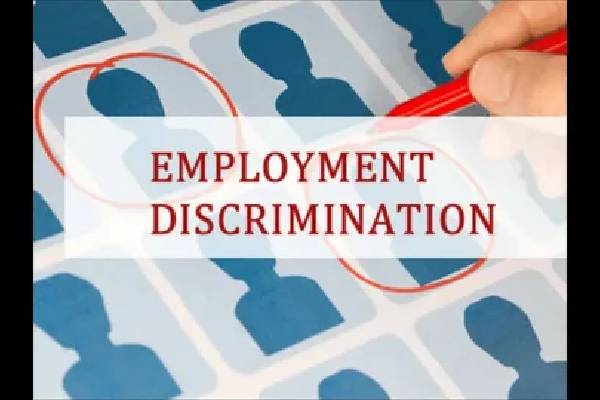The Best Employment Discrimination Attorney: A Comprehensive Guide
Employment discrimination is a pressing issue that affects countless workers across various industries. Whether it’s based on race, gender, age, religion, disability, or other protected characteristics, such discrimination can lead to financial, emotional, and professional harm. If you believe you’ve been treated unfairly at work, hiring the best employment discrimination attorney can make a significant difference in your case.
Why You Need an Employment Discrimination Attorney
Discrimination cases can be complex and emotionally charged. An experienced attorney can provide:
- Legal Expertise: They understand the intricacies of employment law and can guide you through the process.
- Advocacy: An attorney will fight for your rights, ensuring you receive fair treatment.
- Compensation: They can help you secure financial reparations for lost wages, emotional distress, or punitive damages.
- Peace of Mind: Knowing a professional is handling your case allows you to focus on rebuilding your career.
Key Qualities of the Best Employment Discrimination Attorney
When searching for the right attorney, look for the following qualities:
1. Extensive Experience
- Attorneys with years of practice in employment law are more equipped to handle complex cases.
- Look for a proven track record of success in similar discrimination cases.
2. Specialization in Employment Law
- Ensure the attorney specializes in employment discrimination, as this requires unique knowledge.
- They should be familiar with relevant laws like Title VII of the Civil Rights Act, the Americans with Disabilities Act (ADA), and the Age Discrimination in Employment Act (ADEA).
3. Strong Communication Skills
- A good attorney listens to your concerns and explains the legal process clearly.
- They should be approachable and available to answer your questions promptly.
4. Reputation and Reviews
- Check online reviews, testimonials, and peer ratings to assess their reputation.
- Recommendations from friends or colleagues can also be valuable.
5. Transparent Fee Structure
- A trustworthy attorney will be upfront about their fees, whether it’s a contingency fee, hourly rate, or flat fee.
- Ensure you understand the payment terms before signing any agreement.
How an Employment Discrimination Attorney Can Help You
1. Evaluating Your Case
- The attorney will assess whether you have a valid claim based on the evidence and applicable laws.
- They’ll identify the best course of action, whether it involves negotiation, mediation, or litigation.
2. Gathering Evidence
- Collecting documentation like emails, performance reviews, and witness statements to support your case.
- Ensuring all evidence is admissible in court.
3. Negotiating Settlements
- Many discrimination cases are resolved through settlements.
- An attorney will negotiate aggressively to secure the best possible outcome.
4. Representation in Court
- If your case goes to trial, they’ll provide strong representation and argue on your behalf.
- They’ll present evidence, question witnesses, and make compelling arguments to support your claim.
Common Types of Employment Discrimination Cases
Employment discrimination can take many forms, including:
- Racial Discrimination: Unequal treatment based on race or ethnicity.
- Gender Discrimination: Bias against individuals due to their gender or sexual orientation.
- Age Discrimination: Unfair treatment of employees over the age of 40.
- Disability Discrimination: Discrimination against individuals with physical or mental disabilities.
- Religious Discrimination: Harassment or unequal treatment based on religious beliefs or practices.
Steps to Take Before Hiring an Attorney
If you suspect discrimination, take the following steps before consulting an attorney:
- Document the Discrimination:
- Keep detailed records of incidents, including dates, times, and descriptions.
- Save any relevant emails, messages, or performance reviews.
- File a Complaint with Your Employer:
- Many companies require employees to report discrimination internally before taking legal action.
- Follow the procedures outlined in your employee handbook.
- File a Charge with the EEOC:
- The Equal Employment Opportunity Commission (EEOC) handles workplace discrimination complaints.
- Filing a charge with the EEOC is often a prerequisite to filing a lawsuit.
Questions to Ask a Potential Attorney
Before hiring an attorney, ask:
- How much experience do you have with employment discrimination cases?
- Have you handled cases similar to mine?
- What is your success rate?
- What is your fee structure?
- How long do you expect my case to take?
Conclusion
Employment discrimination can be a devastating experience, but you don’t have to face it alone. The mejor abogado especializado en discriminación laboral will guide you through the legal process, fight for your rights, and help you achieve a favorable outcome. By doing your research and choosing an experienced, reputable attorney, you can take the first step toward justice and fair treatment in the workplace.




